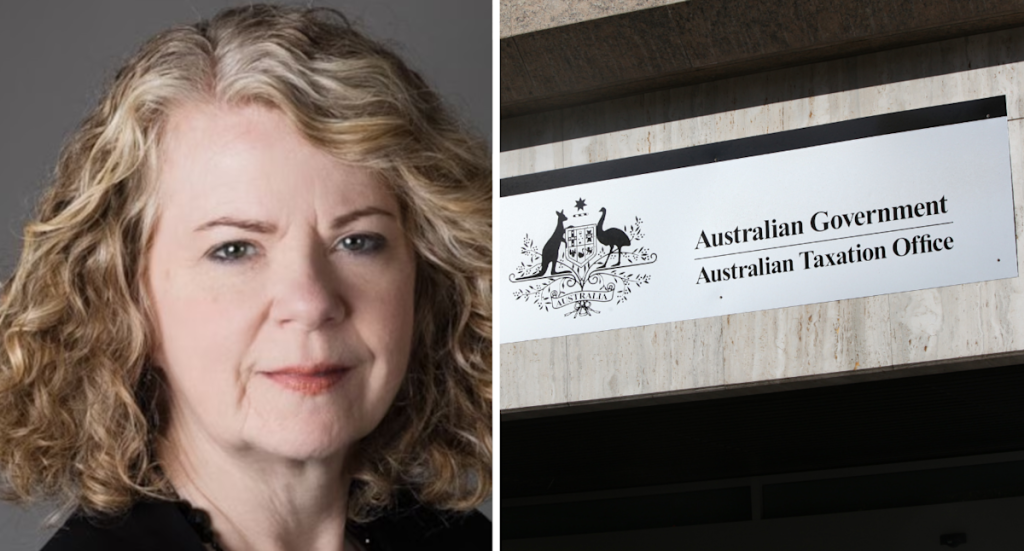The Australian Taxation Office (ATO) has suggested it could soon change its approach to clawing back debt and applying penalties to taxpayers who don’t keep up with their obligations. The tax office told Yahoo Finance it’s on a mission to reduce the $50 billion in unpaid debt and has been ramping up its tactics to get people to cough up.
But the national Tax Ombudsman has announced a review into methods used by the taxation office. Inspector-General of Taxation and Taxation Ombudsman Ruth Owen said the remission of debt interest charges was a particularly “hot topic”, with 134 complaints being lodged against the ATO over the current approach.
“We know the ATO has reduced the number of cases in which it agrees [to a] reduction or remission, and I think that requires further investigation as to why and what is fair and reasonable, when taking the taxpayer’s circumstances into account,” Owen said.
RELATED
The ATO can choose to waive General Interest Charges (GIC) in certain circumstances.
GICs are applied when an amount of tax or other liability remains unpaid after the date it should have been paid.
Before July 1, GICs could be claimed as a deduction on your tax return, however, that generosity ended in the new financial year.
From next month to December, the GIC rate will be 10.61 per cent, which is 0.17 per cent lower than the current rate.
The ATO recently revealed there were more than 125,000 requests last financial year for GIC remissions. More than 95,000 of those were granted.
Do you have a story? Email stew.perrie@yahooinc.com
But Owen said many of the complaints centred around the ATO’s alleged “lack of consistency and transparency” in terms of who gets reprieve from GICs, with tax professionals and taxpayers calling the current setup a “matter of potluck”.
“For some taxpayers, the interest itself can very quickly become larger than the original debt,” the Ombudsman said.
“Without a reduction or remission in the interest, many taxpayers face growing debts that are beyond their means to pay back, even when they want to meet their obligations.
While she insisted that keeping up with your tax obligations is essential, she called on the ATO to “take a more compassionate approach” to debt collection.

